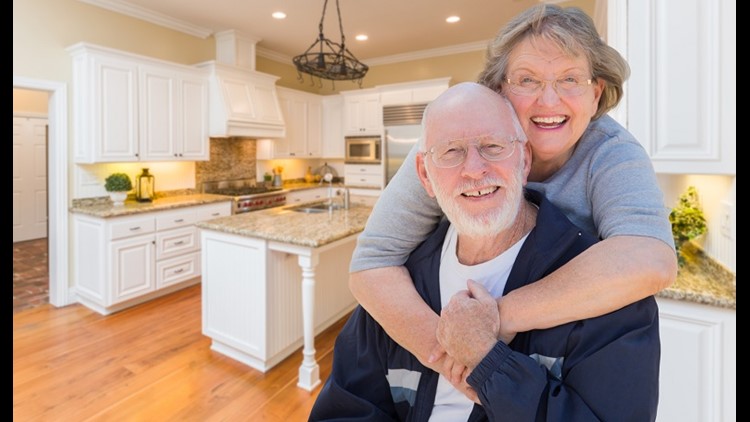Reverse mortgages can be a useful tool for seniors attempting to convert the equity in their home into cash for living expenses or other retirement purposes. The loan is usually paid out over time instead of as a lump sum.
There are no repayments as long as the senior taking out the loan continues to live in the home, properly maintains it, and pays all the necessary property taxes and other property-related fees. Once the primary borrower passes away, moves away, or sells the property, the loan must be repaid.
The reverse mortgage loan, along with accrued interest, is repaid with the proceeds of the sale of the home. If any equity remains in the home, the proceeds go to the seller.
In essence, with a reverse mortgage, you are selling the equity in your home back to a lender in increments.
The majority of reverse mortgages are Federal Housing Administration (FHA) loans under the Home Equity Conversion Mortgage (HECM) program. Under the HECM program, if there aren't enough proceeds from the eventual home sale to cover the loan balance, the FHA will cover the difference.
To qualify for an HECM, you must be at least 62 years old and have sufficient equity in your home. Your home must also meet other FHA property guidelines and standards. Before the loan is approved, you must agree to consumer counseling and education as part of the overall HECM program.
Changes made in 2017 by the Department of Housing and Urban Development (HUD) increased restrictions on HECM borrowing limits and otherwise limited the number of people who could qualify. Private reverse mortgages fill the gap to complement HECM offerings, opening up reverse mortgages to potential borrowers who don't qualify for FHA loans.
One Reverse Mortgage, a subsidiary of Quicken Loans, recently introduced a variation known as a Home Equity Loan Optimizer (HELO) to expand access to reverse mortgages. Their product is available directly through retail outlets and will soon be available to mortgage brokers.
HELOs allow higher loan limits (up to $4 million, compared to the HECM limit of $679,650) and they don't require mortgage insurance. For seniors that are dealing with debt, HELOs allow for debt consolidation through paying off the debts at closing – allowable with traditional mortgages but not with HECMs.
There are no property restrictions for a HELO; thus, you can use a HELO for non-FHA approved condominiums and other unique properties. HELOs allow greater underwriting flexibility by taking into account the value of unusual property characteristics such as solar panels. They also allow concessions by sellers when a reverse mortgage is used to buy a home.
HELOs have a few important restrictions that HECMs don't have. The minimum credit score to qualify for a HELO is 640, and non-borrowing spouses can't be listed on the HELO (in other words, the non-borrowing spouse can't continue to live in the home if the borrowing spouse passes away or permanently moves out). Properties must be worth at least $350,000 to qualify, and two appraisals are required if the property's value is greater than $2 million.
Could a HELO work for you? Is an HECM a better choice? Check with your lenders to verify your options, and make sure that you thoroughly understand the terms and limitations of each style of reverse mortgage. More importantly, make sure that a reverse mortgage is the best financial product for you. There may be better ways to meet your financial retirement goals.
This article was provided by our partners at moneytips.com.
To Read More From MoneyTips:
Photo ©iStockphoto.com/Feverpitched



